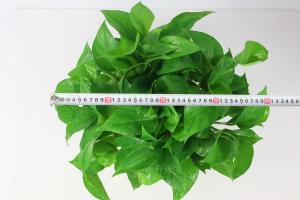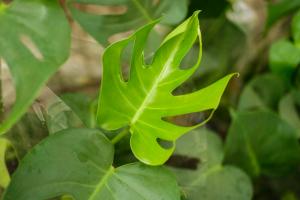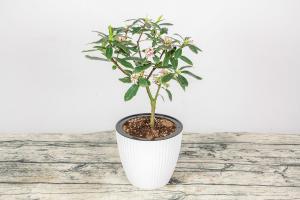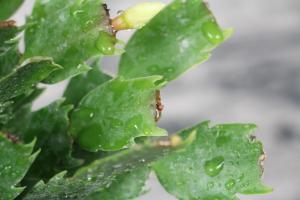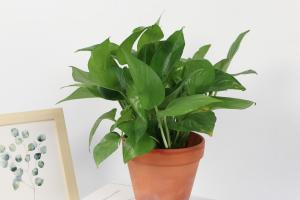Will Borax and Water Spray Kill Plants?
There are a lot of myths and misconceptions about the use of borax in gardening. While borax is a natural mineral that can help fertilize plants, it is not recommended to use it as a weed killer or pest control solution. Borax and water spray may indeed kill plants, but it can also harm the soil, insects, and other organisms that are essential for a healthy garden. Let's take a closer look at why borax should not be used as a plant killer.
What is Borax?
Borax, also known as sodium borate, is a naturally occurring mineral that is often used for household cleaning, laundry, and as a fertilizer for plants. It is made of water, sodium, and boron, and is often found in the soil in dry regions such as deserts. Boron is a micronutrient that is essential for the growth of plants, but too much of it can be toxic, leading to foliar damage and root rot. Borax is a concentrated source of boron, and if not used in the right amounts, it can damage plants, soil, and other beneficial organisms in the garden.
How Borax Kills Plants
Borax can kill plants by disrupting their metabolic processes, such as photosynthesis and respiration. When borax is applied to the leaves or soil of a plant, it can interfere with the uptake of water and nutrients, leading to root damage and necrosis. The boron in borax can also build up in the soil over time, making it difficult for plants to absorb other essential minerals such as calcium and magnesium. Furthermore, borax can kill beneficial microorganisms such as bacteria and fungi, which are critical for maintaining soil health and fertility.
Why Not to Use Borax as a Plant Killer
The use of borax as a weed or pest control solution is not recommended for several reasons. Firstly, it is not an effective method of controlling most weeds and pests. While borax can kill some types of plants, it is not a broad-spectrum herbicide and may not work on all species. Secondly, borax can harm non-target organisms such as bees, butterflies, and earthworms, which are essential for pollination and soil health. Finally, the persistent use of borax can result in soil degradation and reduced plant growth, as the boron levels increase and other essential nutrients become less available.
Alternative Methods of Weed and Pest Control
If you are looking for a natural and safe way to control weeds and pests, there are several methods you can try. One option is to use organic mulches such as leaves, straw, or compost to suppress weed growth and retain moisture in the soil. Another method is to hand-pull weeds or use a hoe or cultivator to remove them from the root. For pest control, you can try using beneficial insects such as ladybugs, lacewings, or predatory mites to eat the harmful insects. You can also use organic pesticides such as neem oil or pyrethrin, which are derived from natural sources and are less harmful to the environment.
Conclusion
In conclusion, borax and water spray may kill plants, but it is not recommended as a weed or pest control solution. Borax can harm the soil, beneficial organisms, and non-target organisms, leading to reduced plant growth and soil fertility. When it comes to controlling weeds and pests, it is best to use natural and safe methods that do not harm the environment. By taking care of our gardens in a sustainable and holistic way, we can help support biodiversity and grow healthy plants for years to come.

 how many times do yo...
how many times do yo... how many planted tre...
how many planted tre... how many pine trees ...
how many pine trees ... how many pecan trees...
how many pecan trees... how many plants comp...
how many plants comp... how many plants can ...
how many plants can ... how many plants and ...
how many plants and ... how many pepper plan...
how many pepper plan...